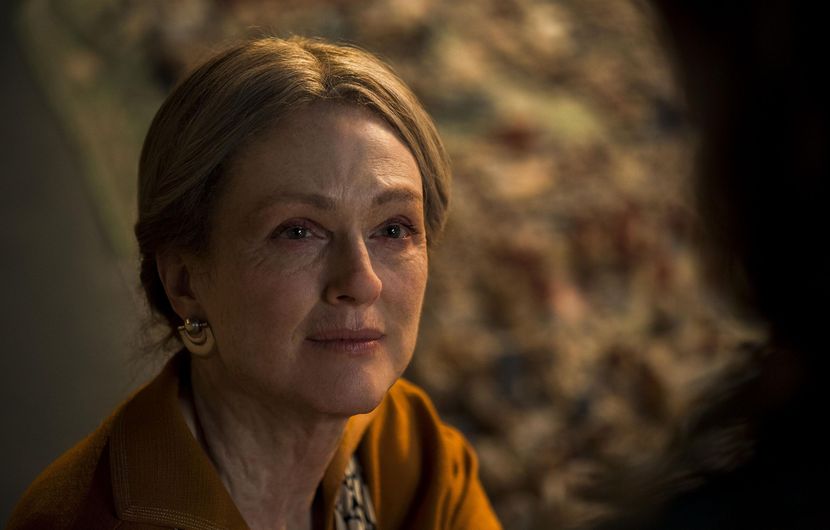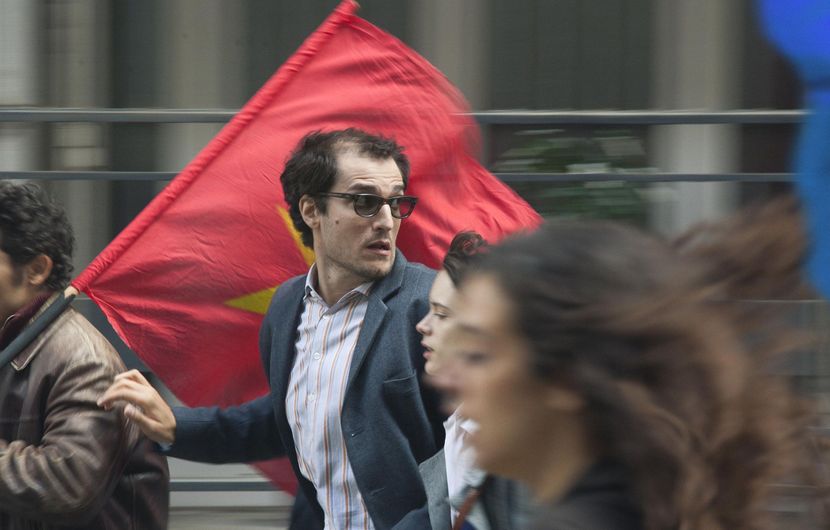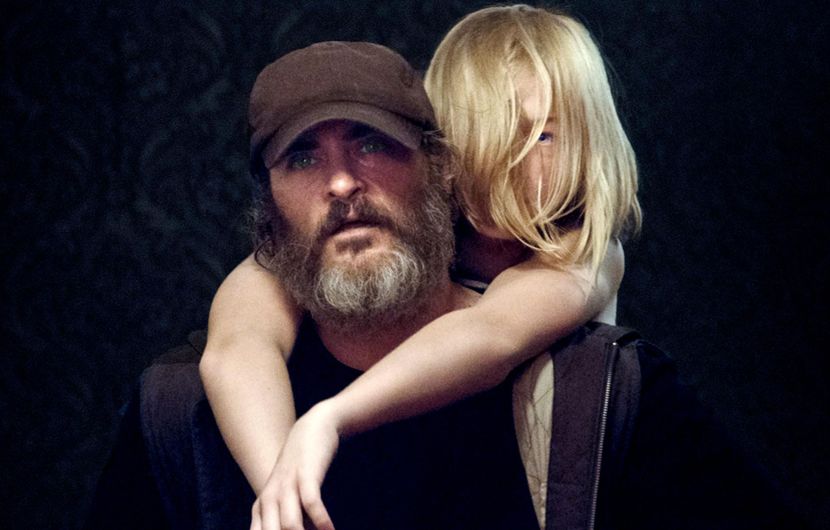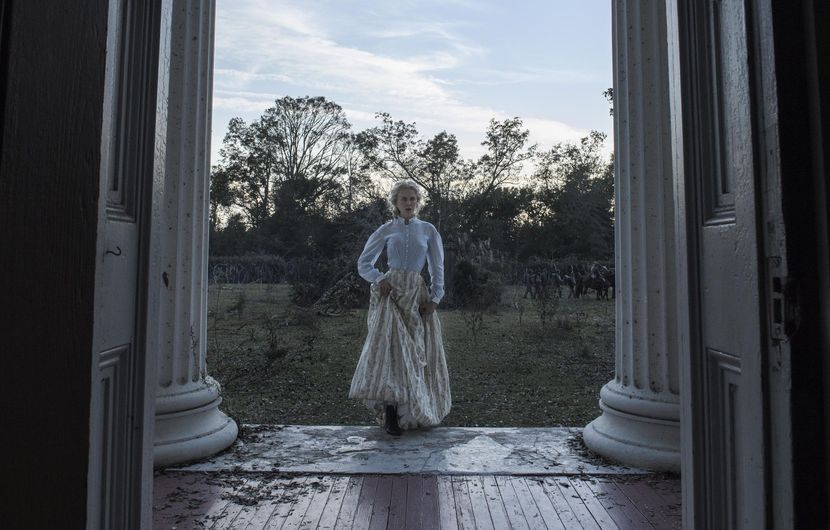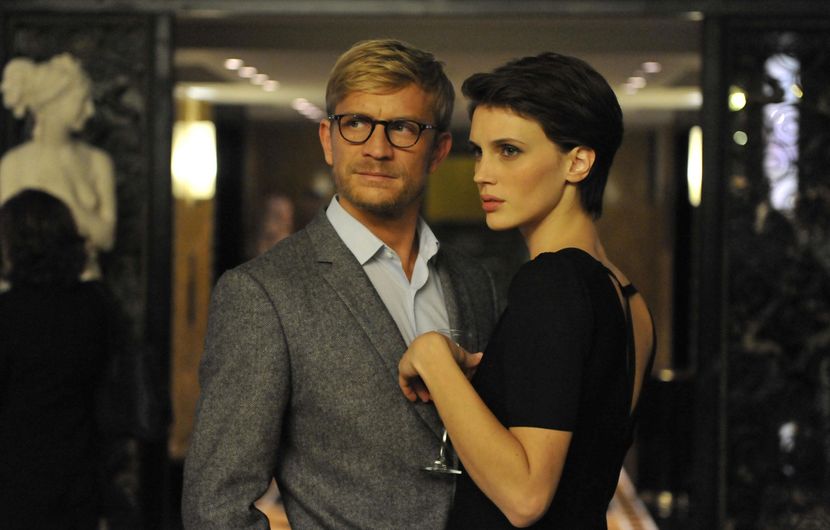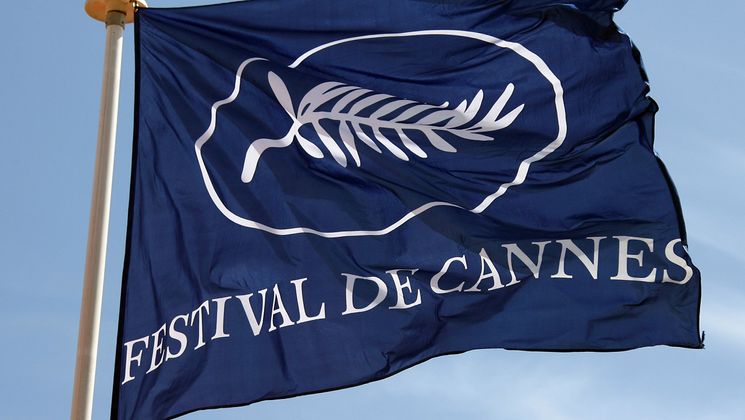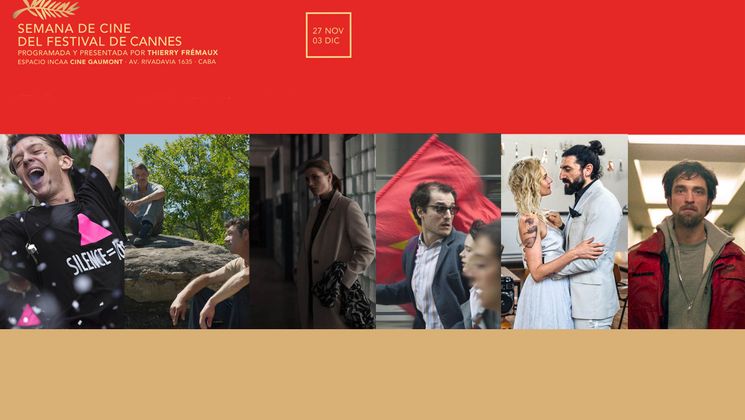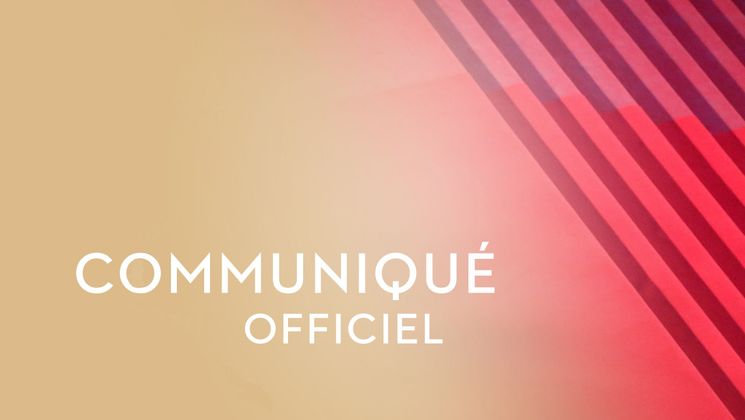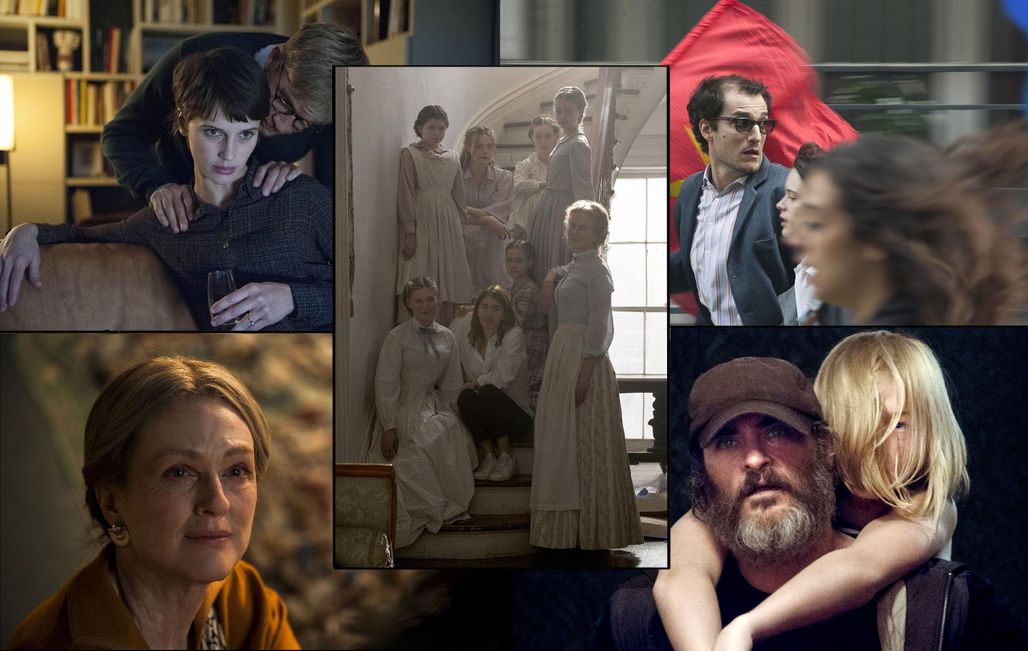
Reading Cannes like an open book

Literature has always inspired cinema, from Stephen Frears and Dangerous Liaisons to Stanley Kubrick's The Shining and Carrie, Fight Club, or the Harry Potter and Millennium franchises. Whether epic novels, poems, comic strips or endless tomes, literature in all its diverse glory has had a special place in the Festival de Cannes' heart since its very beginning. And in the Festival's 70th edition, literature occupies a more central role than ever before in the world of film.
In 2013, the Palme d'Or was awarded to Abdellatif Kechiche for La Vie d’Adèle (Blue Is the Warmest Colour). Aside from the fact that this was the first time actors were called on stage alongside the director to receive their award, this Palme d'Or was an unprecedented event for another reason…
“Tonight, I’ve realised that this is the first time in the history of cinema that a graphic novel has inspired a Palme d’Or film, and the idea terrifies me. It’s a huge responsibility.”
These were the words uttered by Julie Maroh, who entrusted her masterpiece to the director. The novel inspired a movie, and the latter does it justice. A few days after the Awards, Blue Is the Warmest Colour flew off bookshop shelves: the popularity of the film meant the graphic novel had completely sold out.
Other books have been adapted for the big screen and thus given a new lease of life at Cannes: Don DeLillo's Cosmopolis was given the David Cronenberg treatment, and Saint-Exupéry's The Little Prince was liberally reworked by Mark Osborne. The 'inspired by…' strapline has become a promotional tool for a film, and case in point, five of the 19 In Competition films this year were inspired by literary works.
From the page to the big screen, Cannes gives these stories a platform other than the screening rooms, too. On Tuesday 23 May, the Salon des Ambassadeurs was packed full as the fourth Shoot the Book session kicked off.
The concept? Three minutes and thirty seconds in which to pitch a book and convince a panel of professionals that a work of literature has movie adaptation potential.
Ten rights' directors take to the stage to put forward their ideas armed with their trusty PowerPoint presentations: number of copies sold around the globe, the uniqueness of the worlds created by the authors, colourful characters, writers who have already made their marks on the silver screen… The goal is to introduce cinema professionals to a literary work dear to their hearts. Nathalie Piaskowski, general manager of the French publishers' association Société civile des éditeurs de langue française (Scelf), tells us more:
This year, a well-versed Heidi Warneke introduced us to Apocalypse Baby by Virginie Despentes. Grasset's rights director highlighted the novelist's previous adaptations, described the characters, and sketched out the idea of a film that would unfurl between Paris and Barcelona.
At the end of pitching, buyers can option rights for a work, starting the production process later on. It generally takes four to five years between rights being optioned and the ensuing film being released. Through its four editions, Shoot the Book has resulted in an average of one option a year and is looking forward to seeing its first adaptations hit the silver screen in the next few years.
In the meantime, Shoot the Book is going global. The concept remains unchanged, except that the literary works selected for the event must be at least two years old. Following in the footsteps of the freshly-launched Toronto and Los Angeles editions, it's China's turn next at the Shanghai International Film Festival.
